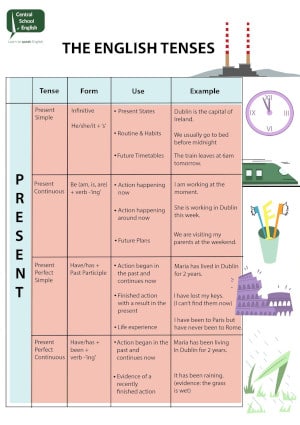Indirect speech – Imperatives

Hey you! Stop what you’re doing and read this now! In this blog post we’ll look at how to use indirect speech to report imperative statements.
If you want to brush up on the general rules for using indirect speech check out our direct and indirect speech blog post, then come back here.
What is the imperative?
Did I seem a bit rude in the opening paragraph? Sorry, but I was using some examples of the imperative. In English the imperative often sounds a bit rude or aggressive. It is normally used by people in positions of authority like parents, teachers, police officers or bosses to give orders or instructions. So be careful not to use the imperative if you want to sound friendly! If we say please at the end of an imperative statement it still sounds like an order, but a more polite order.
Forming the imperative
Before we look at changing imperative statements to indirect speech, let’s look at a few more examples of imperative statements. To form the imperative in English we simply use the infinitive form of the verb, without to:
Open the door!
Stop talking!
Close your books, please.
Tell me the truth!
Indirect Speech Imperatives
When we change an imperative from direct speech into indirect speech we use the verbs told, ordered or commanded and we use the infinitive with to instead of the imperative.
For example:
Direct speech: Open the door!
Indirect speech: He told me to open the door.
Direct speech: Stop talking!
Indirect speech: She ordered me to stop talking.
When we change a negative imperative from direct speech into indirect speech we must also use the verbs told, ordered or commanded and put the word not before the infinitive.
For example:
Direct speech: Don’t close your books!
Indirect speech: The teacher told the students not to close their books.
Direct speech: Don’t move your car!
Indirect speech: The police officer ordered the man not to move his car.
Direct speech: Don’t say a word!
Indirect speech: She told us not to say a word.
It’s nice to be polite!
Most communication in English is done in a polite way. We often express our ideas in a less direct way than in some other languages. So instead of using the imperative and saying:
Close the window!
we say:
Could you close the window, please?
or:
Would you mind closing the window?
Test Yourself
Learn to SPEAK English
Join a live online English tutor to get help with your English.
Individual and group classes with our expert teachers.
Thank you for reading our post. You’ll find more English grammar tips elsewhere on our site and if you’d like information on our online English courses from Dublin, please do not hesitate to contact us.





